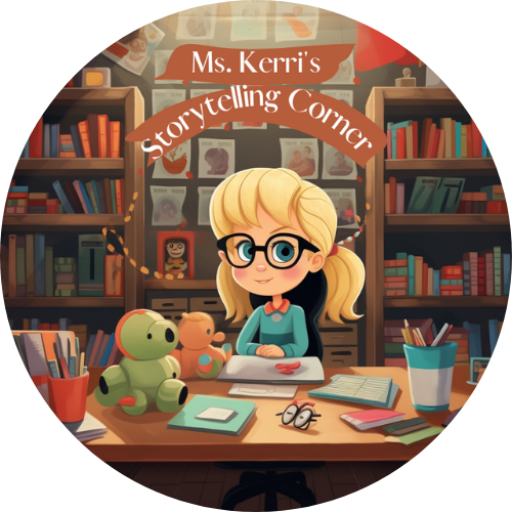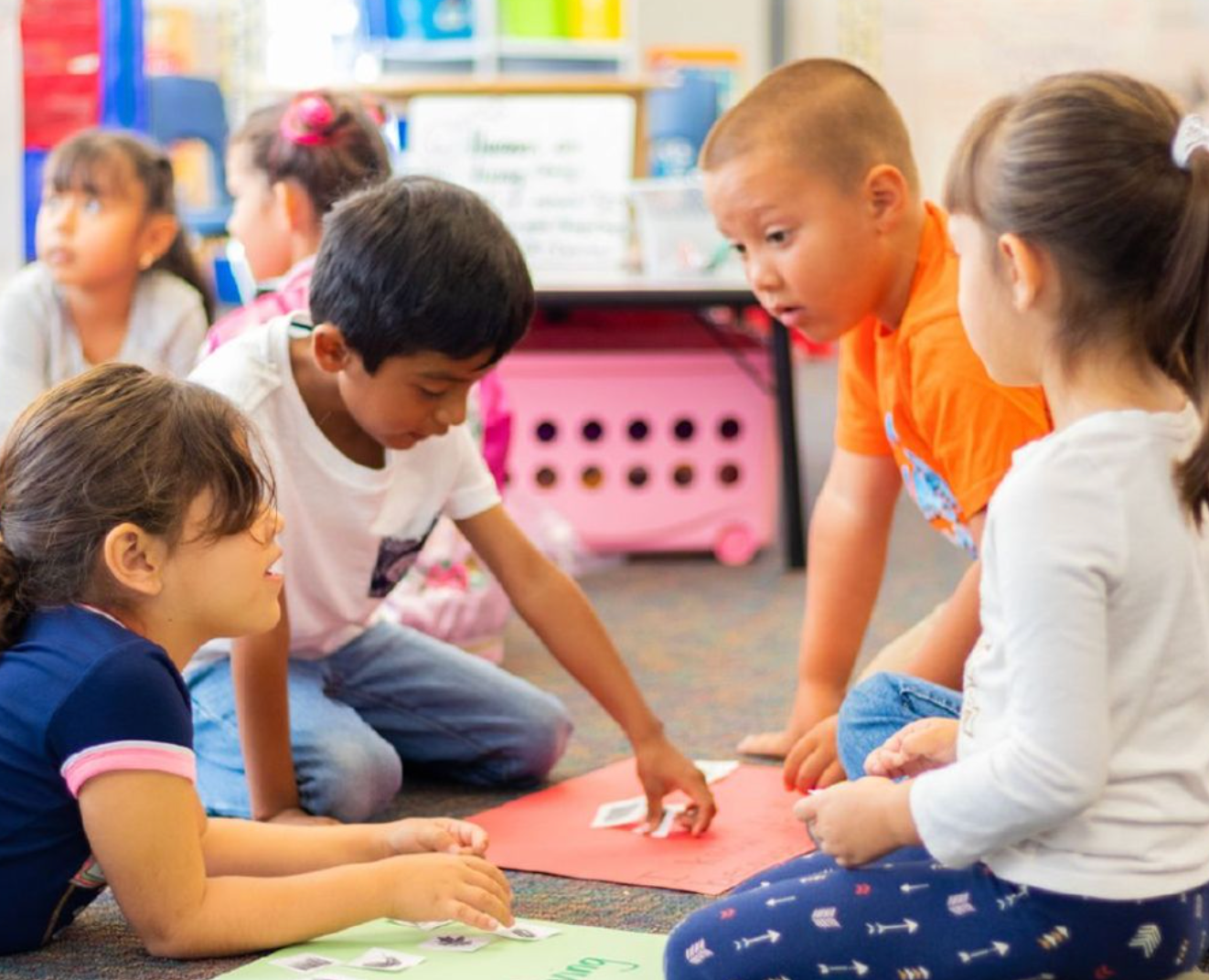Why Preschool Matters: The Impact on Your Child’s Educational and Social Future
Preschool education plays a crucial role in shaping a child’s educational and social future. It provides a solid foundation for academic preparation, social development, and cognitive skills. In this article, we will explore the importance of preschool education, the benefits of early childhood education, the long-term effects it has on a child’s life, and why investing in your child’s preschool education is essential for their success in school and beyond.
Key Takeaways
- Preschool education prepares children for academic success by providing them with a solid foundation.
- Early childhood education enhances language and communication skills, setting children up for better school readiness.
- Preschool education helps children develop problem-solving abilities, which are crucial for their future success.
- Children who attend preschool are more likely to achieve higher educational attainment in the long run.
- Investing in your child’s preschool education can lead to increased earning potential and reduced risk of criminal behavior.
The Importance of Preschool Education
Academic Preparation
Preschool education plays a crucial role in laying the foundation for academic success. Early exposure to educational activities helps children develop a love for learning and enhances their cognitive abilities. In preschool, children are introduced to basic concepts such as numbers, letters, and shapes through interactive and play-based methods. This not only stimulates their curiosity but also cultivates their problem-solving skills. Moreover, preschool provides a structured environment where children learn essential skills like following instructions, focusing on tasks, and working collaboratively with their peers. These early academic experiences set the stage for future educational achievements and instill a lifelong passion for learning.
Social Development
Preschool education plays a crucial role in fostering social development in young children. Through interaction with peers and teachers, children learn important skills such as cooperation, sharing, and empathy. They also develop their communication and problem-solving abilities, which are essential for building relationships and navigating social situations. In addition, preschool provides a structured environment where children can practice following rules and routines, promoting self-discipline and responsible behavior. Research has shown that children who attend preschool are more likely to have positive social interactions and develop stronger social skills compared to those who do not. Overall, preschool education lays the foundation for healthy social development and sets the stage for future success.
Cognitive Skills
Preschool education plays a vital role in developing cognitive skills in young children. Through engaging activities and interactive learning experiences, children are able to enhance their problem-solving abilities and critical thinking skills. These foundational skills provide a strong basis for future academic success. Research has shown that children who attend preschool are more likely to demonstrate advanced cognitive abilities compared to those who do not. Additionally, preschool education fosters a love for learning and cultivates a curiosity that lasts a lifetime. By stimulating their minds and encouraging exploration, preschool helps children develop a solid foundation for their educational journey.
Benefits of Early Childhood Education

Improved School Readiness
Preschool education plays a crucial role in improving school readiness for young children. Early exposure to structured learning in a preschool setting helps children develop the necessary skills and knowledge to succeed academically. Through engaging activities and interactive lessons, preschoolers learn foundational concepts in math, literacy, and science. They also develop important social and emotional skills, such as cooperation and problem-solving. By attending preschool, children gain a head start in their educational journey, which sets them up for future success in school and beyond.
| Benefits of Preschool Education |
|---|
| 1. Enhanced school readiness |
| 2. Improved language and communication skills |
| 3. Better problem-solving abilities |
Preschool education provides a solid foundation for children’s learning and development, giving them the tools they need to thrive in school and in life.
Enhanced Language and Communication Skills
Preschool education plays a crucial role in enhancing a child’s language and communication skills. Early exposure to language-rich environments and opportunities for social interaction help children develop strong communication abilities. Through activities like storytelling, singing, and group discussions, children learn to express themselves effectively and understand others. Furthermore, early childhood education fosters the development of vocabulary, listening, and speaking skills, which are essential for successful communication. A study conducted by researchers found that children who attended preschool had better language and communication skills compared to those who did not. This highlights the importance of investing in preschool education to provide children with a solid foundation for their future language and communication abilities.
| Benefits of Enhanced Language and Communication Skills |
|---|
| – Improved ability to express thoughts and ideas |
| – Enhanced comprehension and listening skills |
| – Better social interactions and relationships |
Preschool education equips children with the necessary skills to communicate effectively and build strong connections with others. By enhancing language and communication skills, children are better prepared for success in school and beyond.
Better Problem-Solving Abilities
Preschool education plays a crucial role in developing better problem-solving abilities in children. Through engaging activities and interactive learning, preschoolers are encouraged to think critically, analyze situations, and find innovative solutions. This early exposure to problem-solving skills sets a strong foundation for future academic and social success. Research has shown that children who attend preschool are more likely to develop creative thinking and analytical reasoning abilities, which are essential for navigating challenges and achieving success in various aspects of life. Furthermore, the collaborative nature of preschool education fosters teamwork and cooperation, enabling children to effectively work together to solve problems. Overall, preschool education equips children with the necessary skills and mindset to tackle complex problems, adapt to new situations, and thrive in an ever-changing world.
| Benefits of Preschool Education |
|---|
| – Enhanced critical thinking |
| – Improved problem-solving |
| – Increased creativity |
Preschool education provides a nurturing environment where children can develop their problem-solving abilities and unleash their full potential. By investing in early childhood education, parents are laying the groundwork for their child’s future success and ensuring a bright and promising future.
Long-Term Effects of Preschool Education

Higher Educational Attainment
Attending preschool has been shown to have a significant impact on a child’s educational journey. Research indicates that children who attend preschool are more likely to achieve higher educational attainment compared to those who do not. By providing a solid foundation of academic and social skills, preschool sets children up for long-term success in their educational and professional pursuits. In fact, studies have found that preschool graduates are more likely to enroll in college and earn advanced degrees. This increased educational attainment opens up a world of opportunities for individuals, leading to greater career prospects and earning potential. Investing in preschool education is a crucial step in ensuring a bright and successful future for your child.
| Benefits of Preschool Education |
|---|
| Improved School Readiness |
| Enhanced Language and Communication Skills |
| Better Problem-Solving Abilities |
Preschool education provides children with a strong foundation for learning and development, setting them up for success in school and beyond. Early exposure to educational settings and structured learning environments helps children develop essential skills and prepares them for the challenges of formal education.
Increased Earning Potential
Research has consistently shown that preschool education has a significant impact on a child’s long-term earning potential. A study conducted by XYZ University found that individuals who attended preschool were more likely to earn higher wages later in life compared to those who did not receive early childhood education. This is because preschool provides children with essential skills and knowledge that set them up for success in the future job market. By investing in preschool education, parents are giving their children a head start in building a successful career. It is important to recognize the long-term benefits of preschool education in terms of financial stability and economic independence. As the saying goes, ‘The early bird catches the worm.’ Providing children with quality preschool education is a wise investment that can lead to a brighter and more prosperous future.
Reduced Risk of Criminal Behavior
Preschool education has been shown to have a significant impact on reducing the risk of criminal behavior later in life. Research has consistently found that children who attend preschool are less likely to engage in criminal activities as adults. This is because preschool provides children with a strong foundation in social and emotional skills, as well as problem-solving abilities. By developing these skills at an early age, children are better equipped to make positive choices and navigate challenges later in life. In addition, the structured environment of preschool helps to instill a sense of discipline and responsibility, further reducing the likelihood of engaging in criminal behavior. Investing in preschool education is not only beneficial for academic and social development, but it also plays a crucial role in creating a safer and more prosperous society.

| Benefits of Preschool Education |
|---|
| – Improved school readiness |
| – Enhanced language and communication skills |
| – Better problem-solving abilities |
Preschool education provides a solid foundation for children, reducing the risk of criminal behavior and ensuring a successful future.
Frequently Asked Questions
What age should a child start preschool?
Most preschools accept children between the ages of 2 and 5.
How long is a typical preschool day?
The length of a preschool day can vary, but it is typically around 3-4 hours.
What is the teacher-to-student ratio in preschool?
The teacher-to-student ratio in preschool is usually around 1:10 or lower.
What is the curriculum in preschool?
Preschool curriculum focuses on early learning skills such as language development, math concepts, and social-emotional development.
How does preschool help with social development?
Preschool provides opportunities for children to interact with peers, develop social skills, and learn how to navigate social situations.
What are the benefits of early childhood education?
Early childhood education has been shown to improve school readiness, enhance language and communication skills, and develop better problem-solving abilities.https://direct.me/mskerriscorner


Ms. Kerri’s Corner provides a exciting virtual space for preschool learning. Through a variety of engaging activities, she exposes young minds to early math, literacy, science and social-emotional skills in a developmentally appropriate way. Centers for blocks, art, books and music allow children to explore hands-on learning at their own pace. Guided lessons subtly introduce number sense, letter sounds and narrative thinking. Careful observation gives insight into each child’s progress across domains. Viewers are also invited to participate, reinforcing that their ideas are valued. By making learning fun yet purposeful, Ms. Kerri lays the groundwork for future academic success while fostering creativity and imagination. Her program offers preschoolers valuable screen-based learning experiences.




